NBS: Inflation to continue to rise, GDP expected to drop
The year-on-year inflation is expected to keep growing, affected mostly by the increase in prices of agricultural produce and food caused by the drought.
Wednesday, 15.08.2012.
15:07

BELGRADE The year-on-year inflation is expected to keep growing, affected mostly by the increase in prices of agricultural produce and food caused by the drought. This is according to National Bank of Serbia (NBS) General Director of Monetary Analysis and Statistics Branko Hinic. NBS: Inflation to continue to rise, GDP expected to drop The inflation will reach its maximum in the first half of 2013 and will then return within the projected range by the end of the year, he said presenting the latest NBS report on the inflation. The year-on-year inflation in July was 6.1 percent, 0.4 percent above the upper limit of the allowed difference from the target, according to NBS data. The growth of consumer prices in July was only 0.1 percent, which resulted from the seasonal drop in the prices of fruit and vegetables. Hinic stressed that the high share of food prices in the consumer price index made the inflation sensitive to shocks, like the one in the second half of 2010. According to him, although the dinar could improve after the fiscal consolidation measures are adopted, price rises on imported products are still possible, based on the depreciation so far. “A fast growth of regulated prices is expected in the coming period, since they have been stable so far. The low aggregate demand, considering the increase in unemployment and low expectations for economic development in Serbia and abroad, will continue to slow down the growth of prices,” he explained. In order to reduce the inflation pressure, the NBS has raised the reference interest rate three times since June, to 10.5 percent, and it also decided to increase the dinar share in the required reserve. The projected inflation for 2012 is 4.5 plus or minus 1.5 percent. The NBS has lowered the GDP growth prognosis from 0.5 percent to - 0.5 percent for 2012. “A drop in agricultural output due to draught and deteriorating perspective of the eurozone economic growth have led to a revision of Serbia's GDP growth prognosis from 0.5 percent to - 0.5 percent for 2012, that is from 3 percent to 2.5 percent for 2013,” Hinic told a press conference on Wednesday. “The uncertainty in the eurozone along with worsening perspective of the global economic growth, increased expansiveness of the fiscal policy since the beginning of the year, premium risk increase, and a drop in Serbia's credit rating, as well as unfavorable movements in the world and domestic agricultural production are factors that at the same time increase inflation pressures and have a negative impact on Serbia's economic growth,” he stressed. Hinic added that the best way to contribute to the improvement of the economic environment was for the government and the central bank to pursue a policy which would secure a long-term macroeconomic stability. “Such policy implies a sustainable level of the public debt, price stability in the mid-term, and a stable, resistant financial system,” Hinic explained. “Considering all circumstances, long drought will leave considerable consequences on this year's agricultural output, primarily corn, which is Serbia's main export product,” he said. “Given the participation of the agricultural production in the GDP and export, this will have a negative impact on the economic and foreign trade activities in the coming period,” he underlined. “Moreover, low economic growth of the eurozone in the next year will have a negative impact on the investment activity and demand for our export products,” Hinic concluded. Tanjug
NBS: Inflation to continue to rise, GDP expected to drop
The inflation will reach its maximum in the first half of 2013 and will then return within the projected range by the end of the year, he said presenting the latest NBS report on the inflation.The year-on-year inflation in July was 6.1 percent, 0.4 percent above the upper limit of the allowed difference from the target, according to NBS data. The growth of consumer prices in July was only 0.1 percent, which resulted from the seasonal drop in the prices of fruit and vegetables.
Hinić stressed that the high share of food prices in the consumer price index made the inflation sensitive to shocks, like the one in the second half of 2010. According to him, although the dinar could improve after the fiscal consolidation measures are adopted, price rises on imported products are still possible, based on the depreciation so far.
“A fast growth of regulated prices is expected in the coming period, since they have been stable so far. The low aggregate demand, considering the increase in unemployment and low expectations for economic development in Serbia and abroad, will continue to slow down the growth of prices,” he explained.
In order to reduce the inflation pressure, the NBS has raised the reference interest rate three times since June, to 10.5 percent, and it also decided to increase the dinar share in the required reserve. The projected inflation for 2012 is 4.5 plus or minus 1.5 percent.
The NBS has lowered the GDP growth prognosis from 0.5 percent to - 0.5 percent for 2012.
“A drop in agricultural output due to draught and deteriorating perspective of the eurozone economic growth have led to a revision of Serbia's GDP growth prognosis from 0.5 percent to - 0.5 percent for 2012, that is from 3 percent to 2.5 percent for 2013,” Hinić told a press conference on Wednesday.
“The uncertainty in the eurozone along with worsening perspective of the global economic growth, increased expansiveness of the fiscal policy since the beginning of the year, premium risk increase, and a drop in Serbia's credit rating, as well as unfavorable movements in the world and domestic agricultural production are factors that at the same time increase inflation pressures and have a negative impact on Serbia's economic growth,” he stressed.
Hinić added that the best way to contribute to the improvement of the economic environment was for the government and the central bank to pursue a policy which would secure a long-term macroeconomic stability.
“Such policy implies a sustainable level of the public debt, price stability in the mid-term, and a stable, resistant financial system,” Hinić explained.
“Considering all circumstances, long drought will leave considerable consequences on this year's agricultural output, primarily corn, which is Serbia's main export product,” he said.
“Given the participation of the agricultural production in the GDP and export, this will have a negative impact on the economic and foreign trade activities in the coming period,” he underlined.
“Moreover, low economic growth of the eurozone in the next year will have a negative impact on the investment activity and demand for our export products,” Hinić concluded.



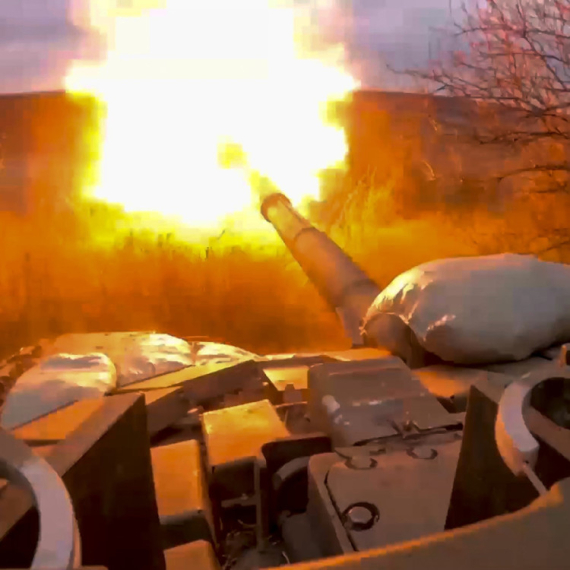
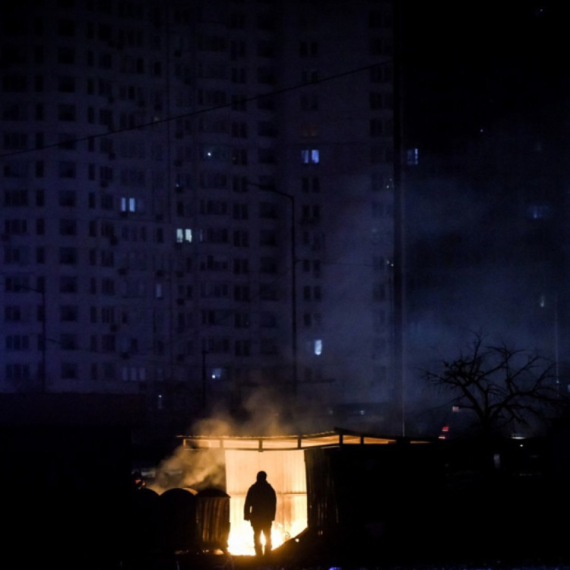
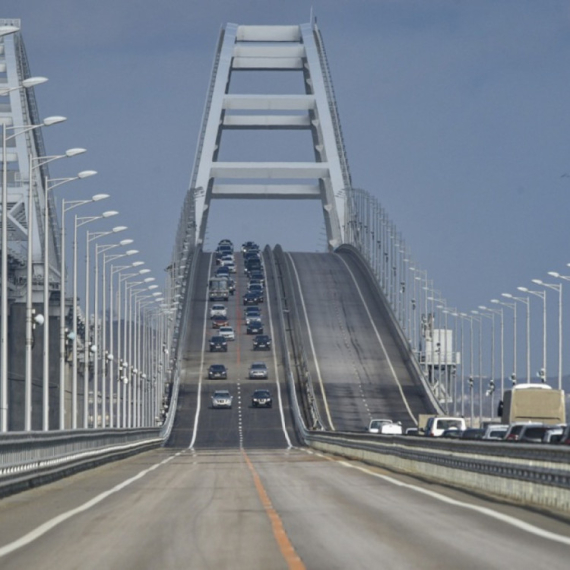









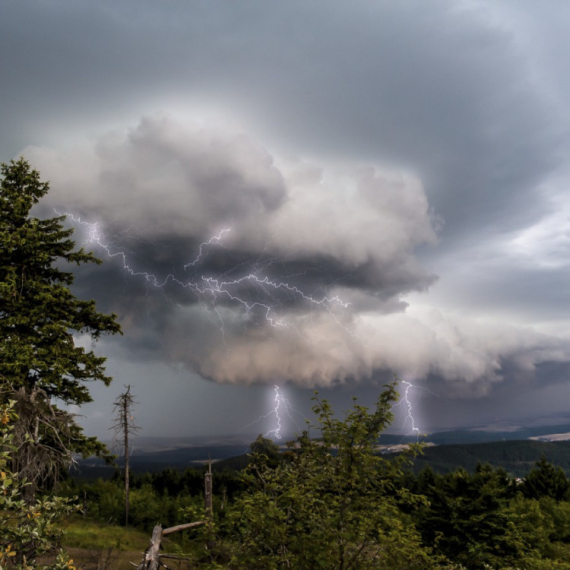


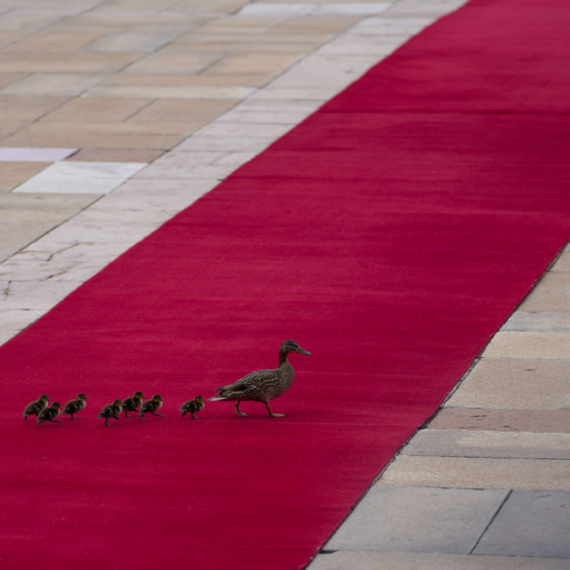
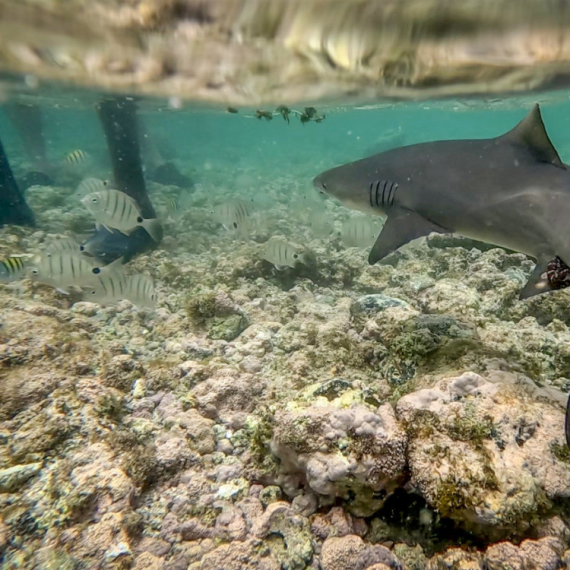

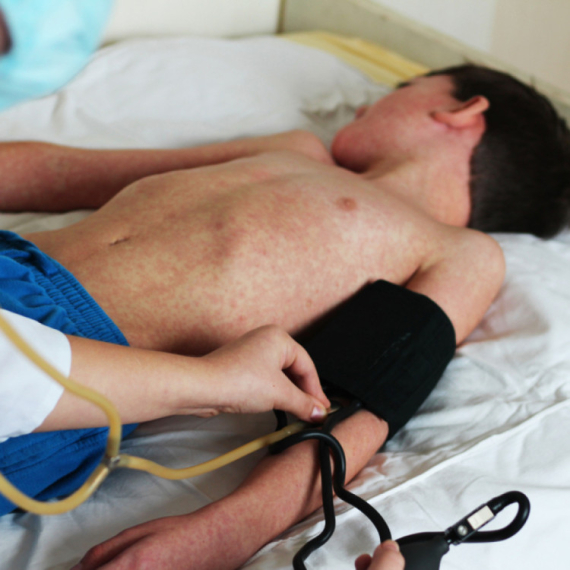
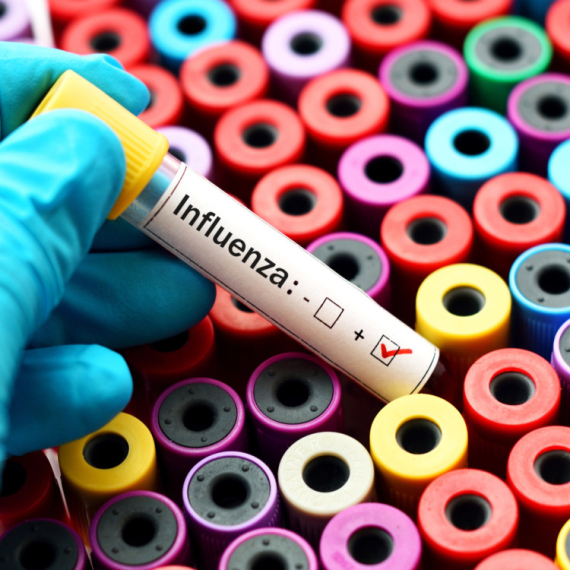
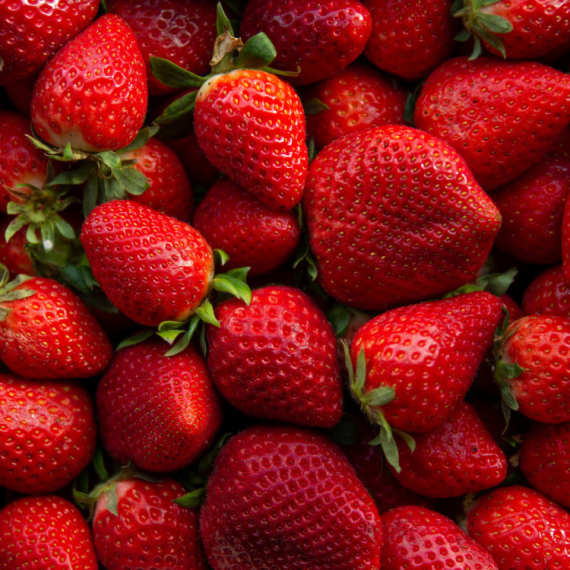
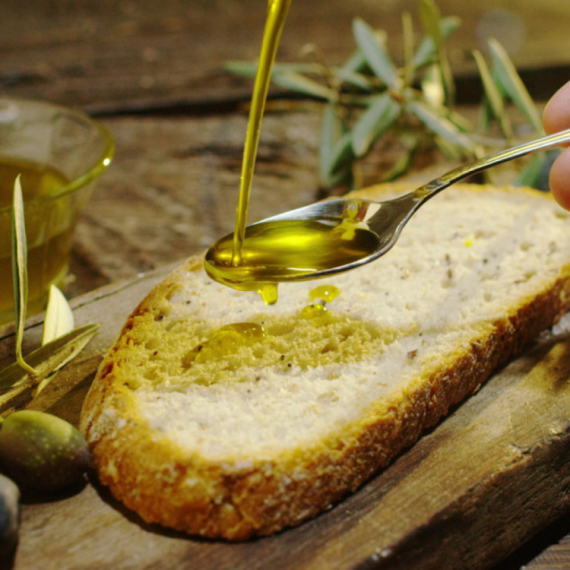


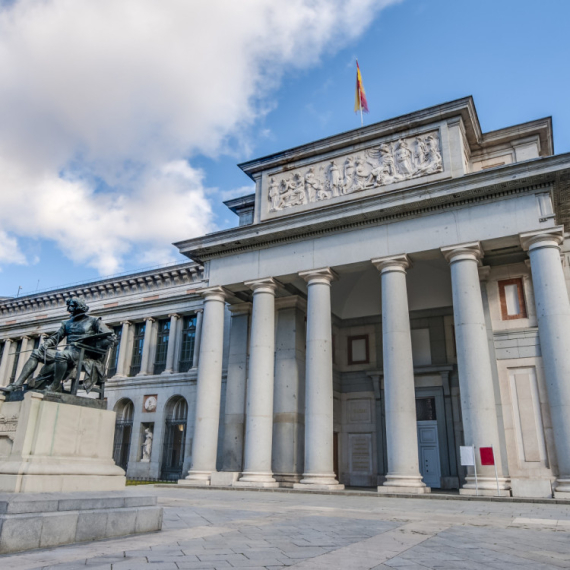

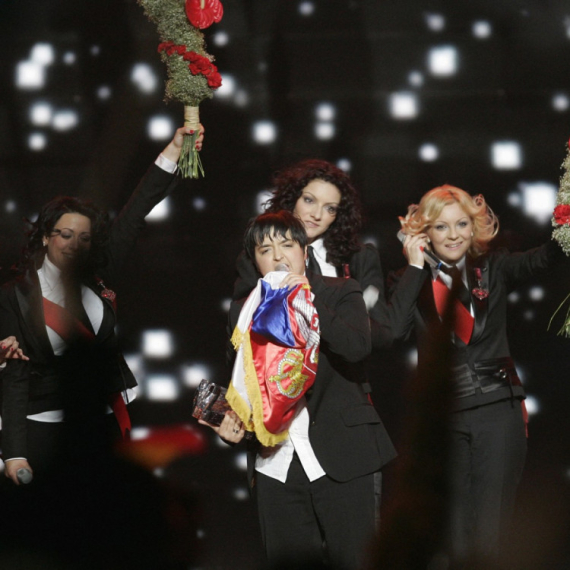








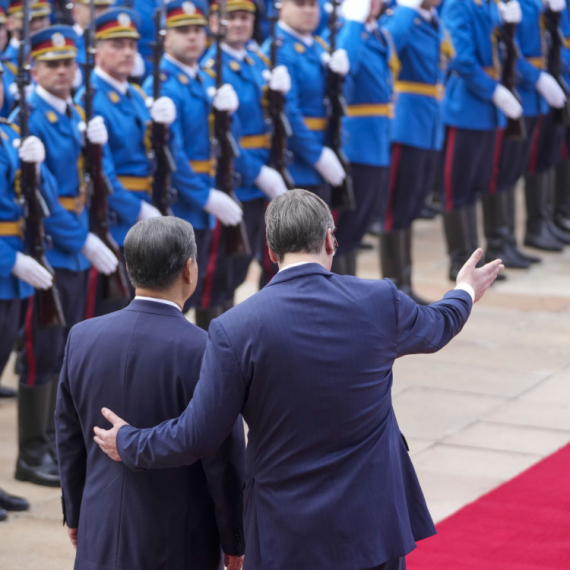
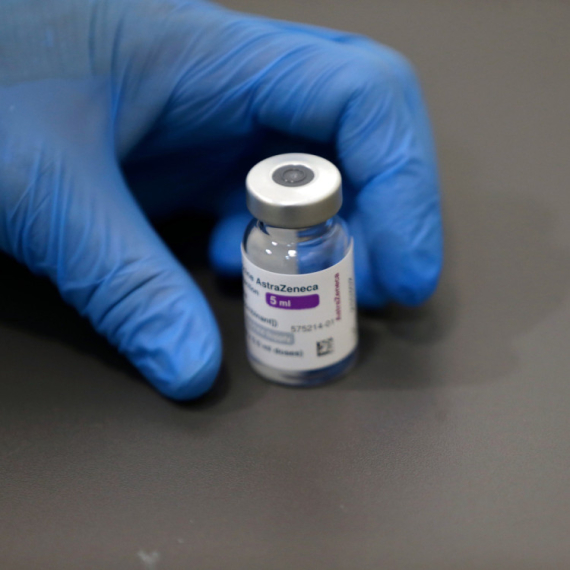
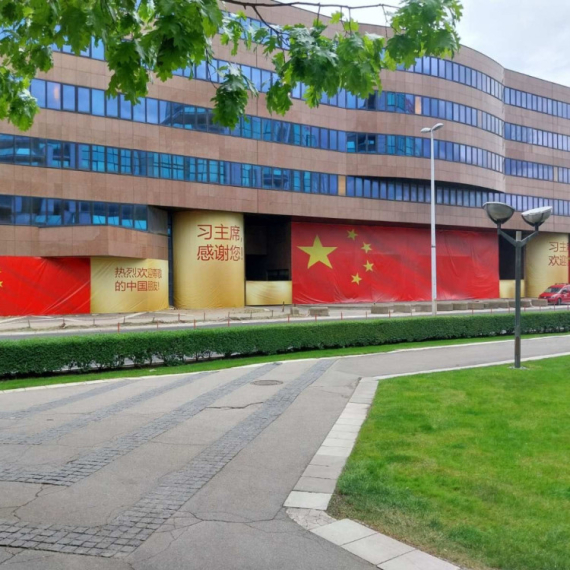


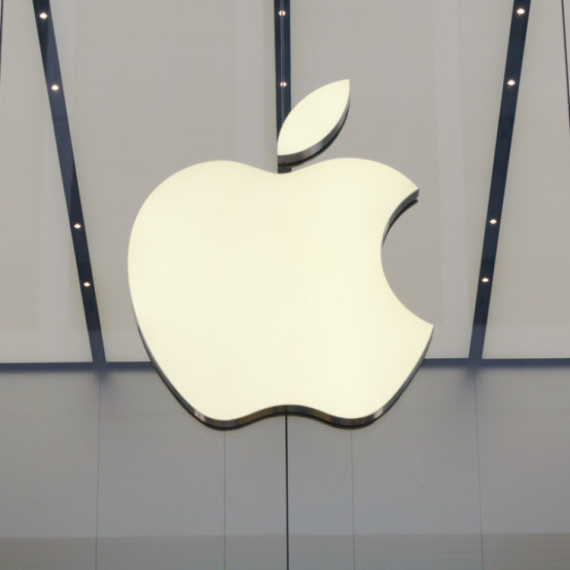








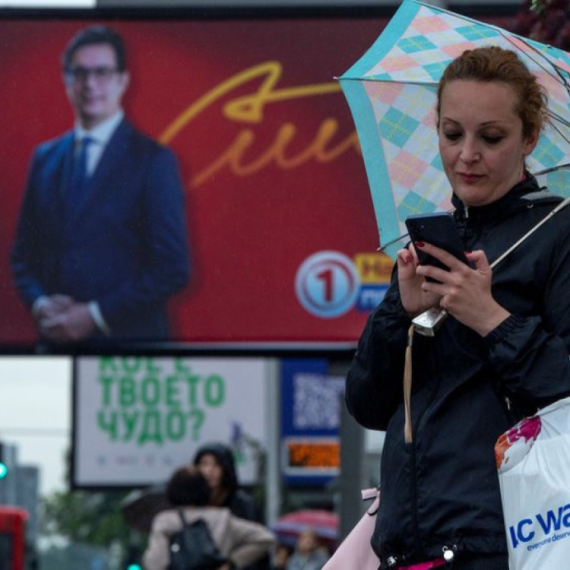




Komentari 2
Pogledaj komentare